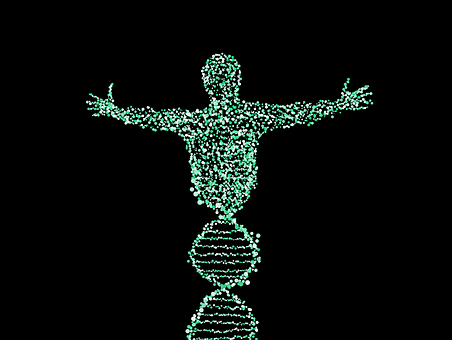Ancestry testing
DNA-testing is done by millions of people all over the world to analyze their DNA and find out where they originate.
Targeted marketing for DNA home-testing kits shows models under the banner “find out your ethnicity” or urges people to book holidays based on their “DNA story”. It’s estimated the industry will be worth £7.7bn by 2022.
31
160 reads
The idea is part of this collection:
Learn more about health with this collection
Strategies for promoting inclusivity
How to address unconscious bias
How to create a diverse and inclusive workplace
Related collections
Read & Learn
20x Faster
without
deepstash
with
deepstash
with
deepstash
Personalized microlearning
—
100+ Learning Journeys
—
Access to 200,000+ ideas
—
Access to the mobile app
—
Unlimited idea saving
—
—
Unlimited history
—
—
Unlimited listening to ideas
—
—
Downloading & offline access
—
—
Supercharge your mind with one idea per day
Enter your email and spend 1 minute every day to learn something new.
I agree to receive email updates
